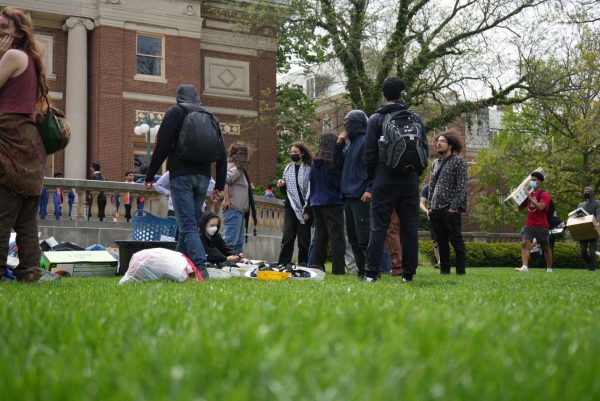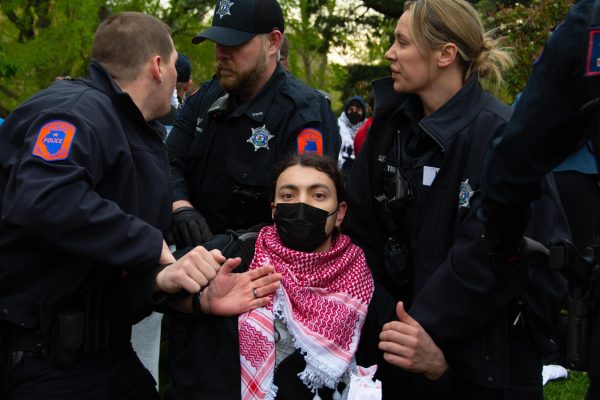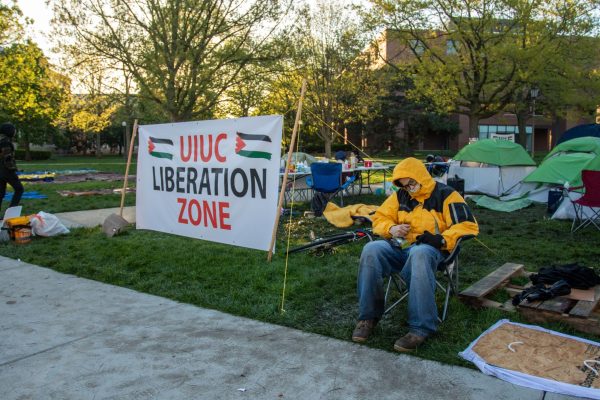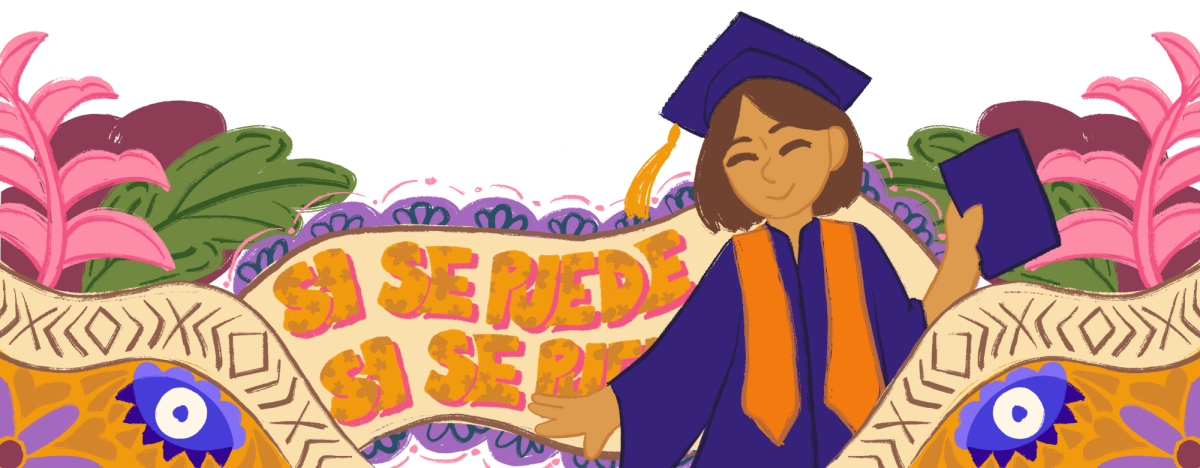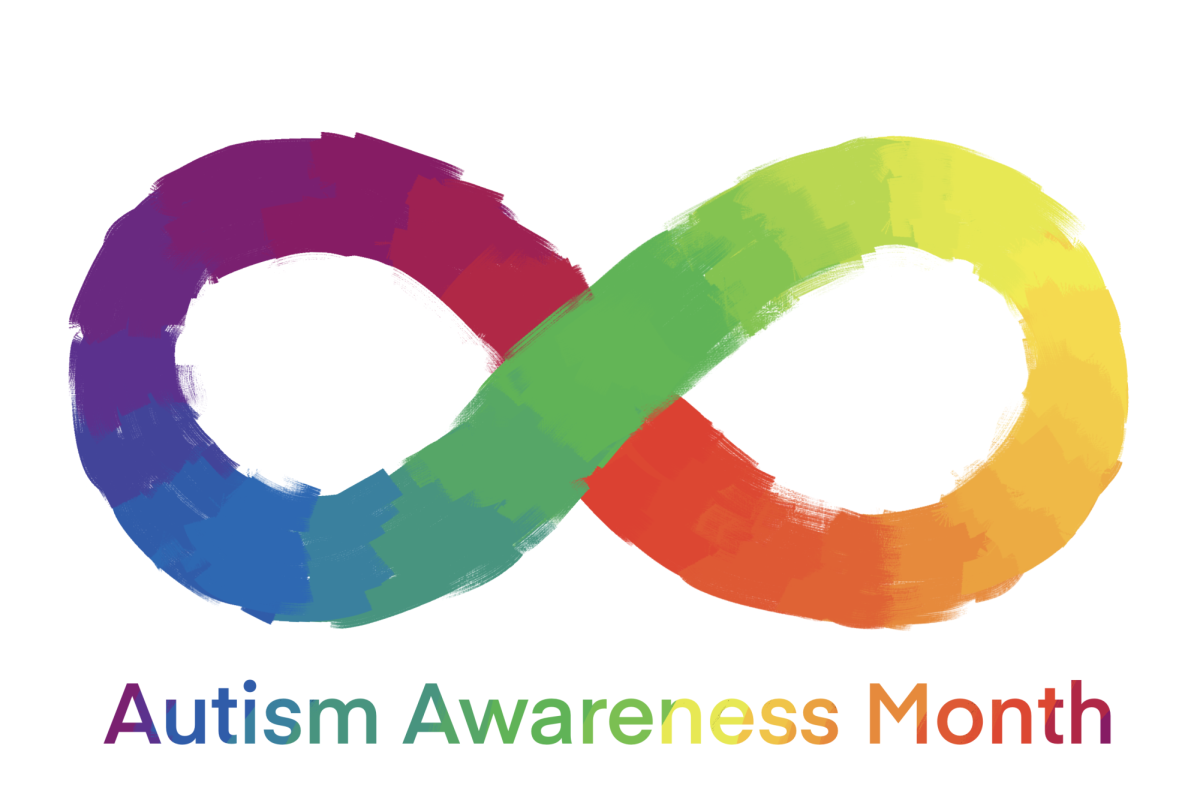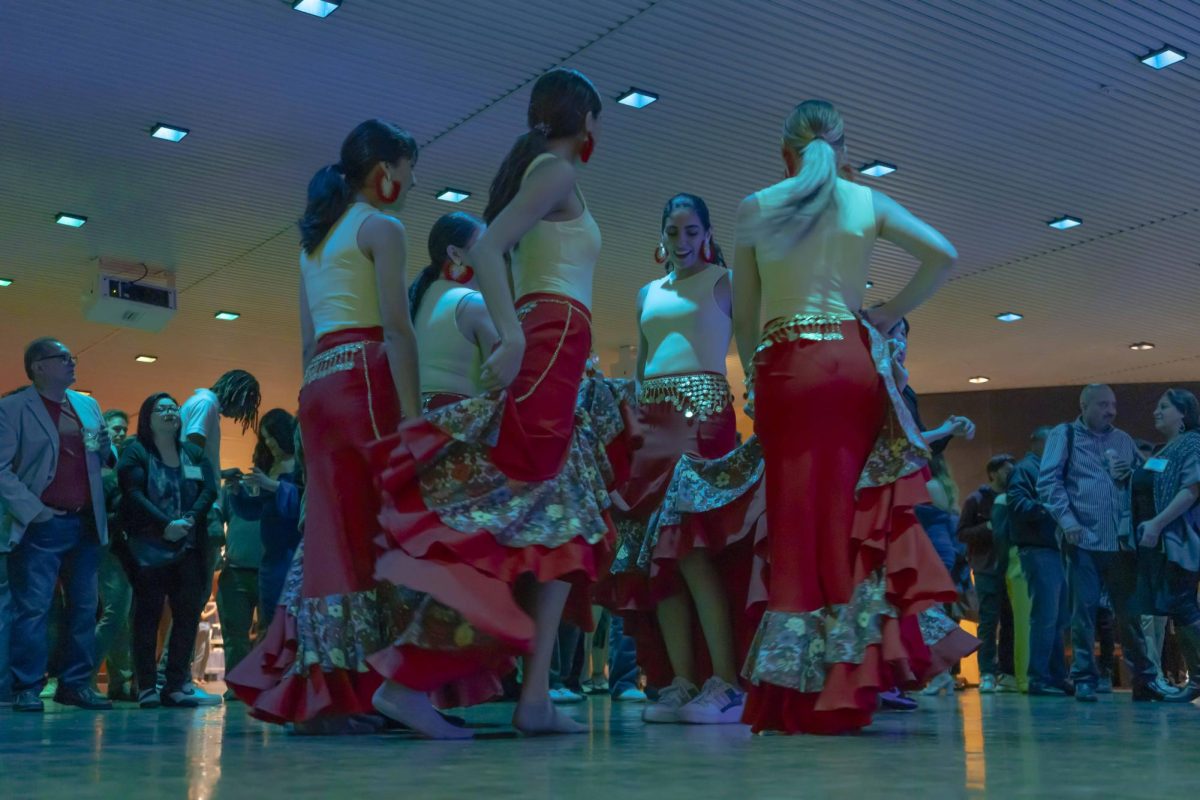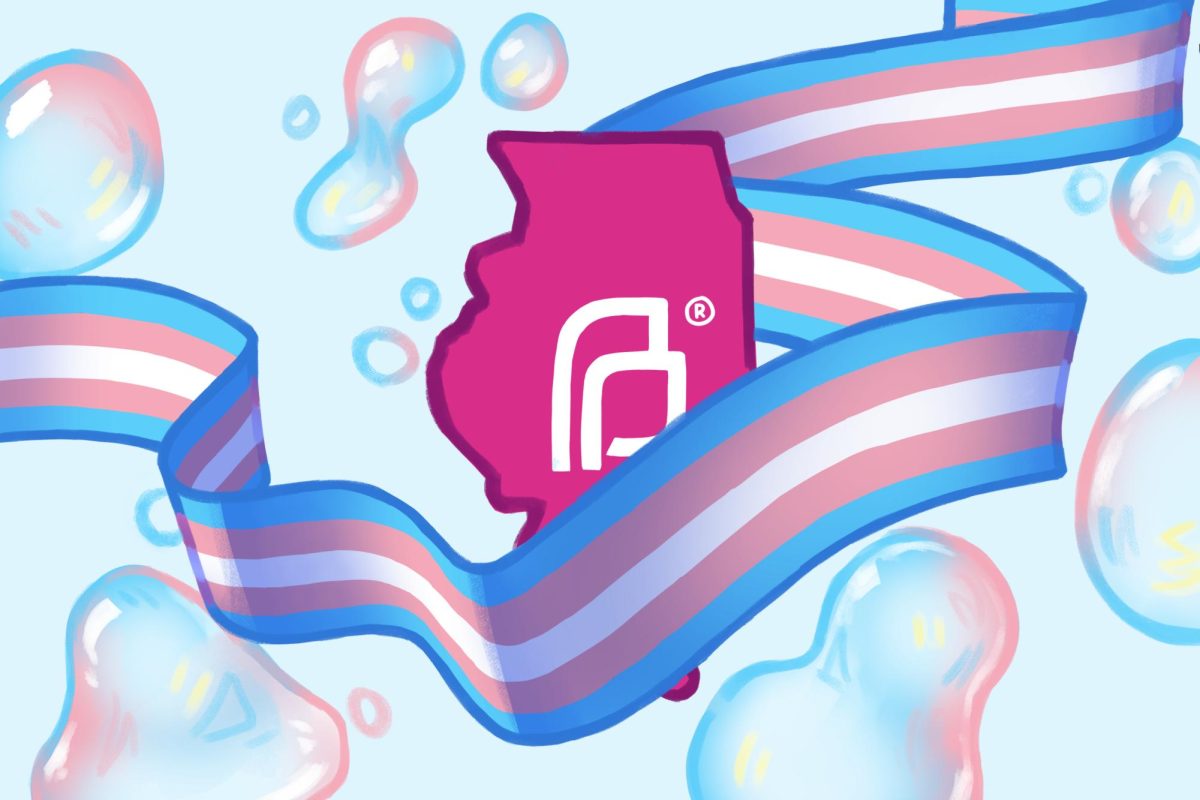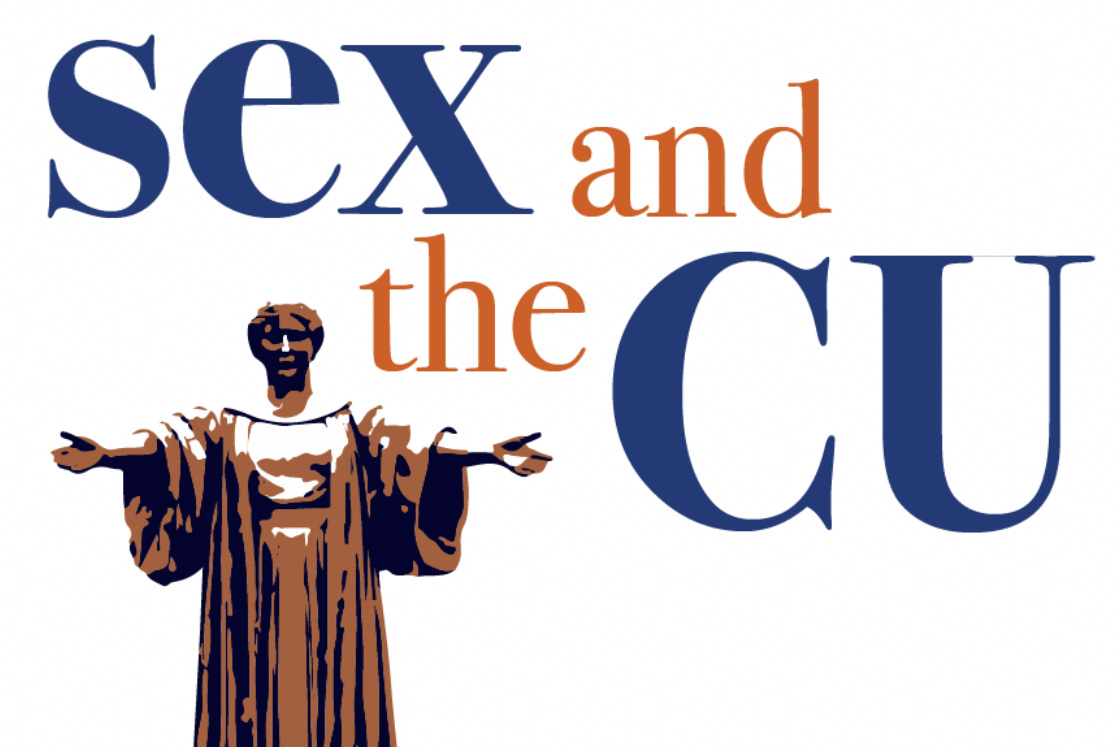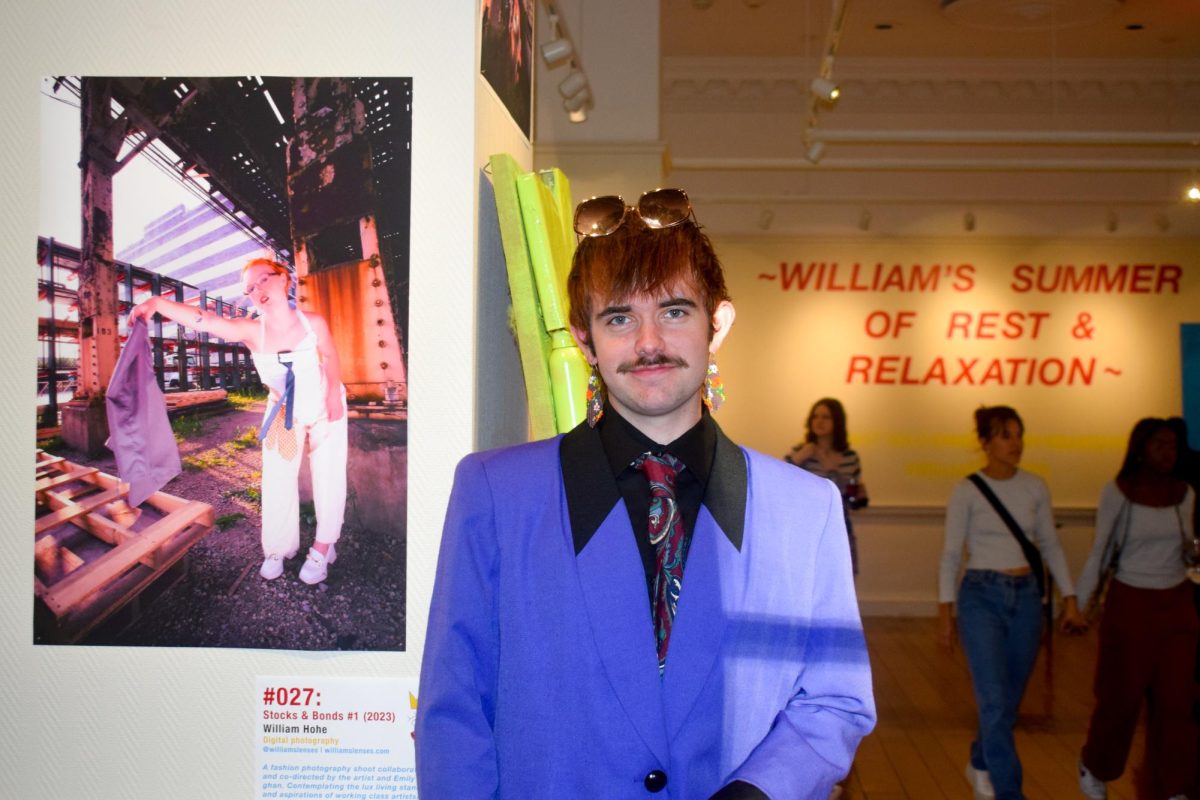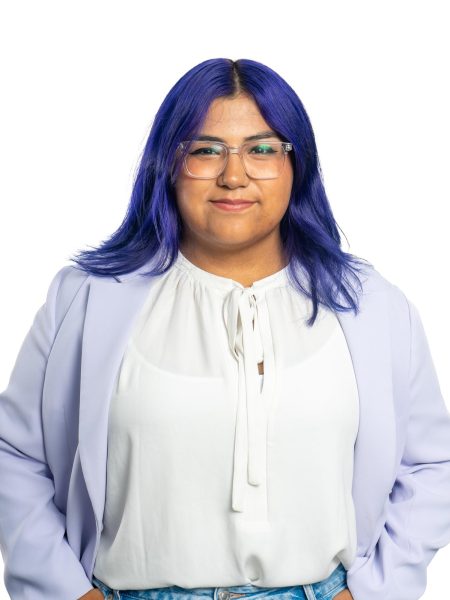This interview has been edited for clarity.
Faculty, students and organizers of La Casa Cultural Latina filled a banquet hall in the Illini Union on Friday to recognize Latino alumni and faculty.
The Latinx Symposium aimed to highlight “Latina/o/x/e excelencia and achievement” through a series of interactive panel discussions lasting from noon to 5 p.m., according to an Instagram post by La Casa Cultural Latina.
Previously untold stories of Latino alumni and faculty were given a platform for all interested members to hear.
Leticia Villarreal Sosa, one of the featured panelists during the first portion of the event, is an associate dean for research and faculty development and a professor in the School of Social Work at the University of Texas Rio Grande Valley.
Get The Daily Illini in your inbox!
She earned her bachelor’s in social work at the University of Illinois and her doctorate at the University of Chicago. Sosa is a licensed social worker and provides leadership for social workers nationally and internationally.
Sosa is currently working on a book entitled “University of Illinois Press,” where she goes into depth on the testimonies of Latina activists in Chicago during the ʼ60s and ʼ70s.
She spoke about Latinos in education and gave advice to Latino students finding their way through educational environments.
The DI: What has been the greatest achievement of your career?
Sosa: Getting the PhD has been a huge accomplishment. I was one of the first Mexican American women to get a PhD from a particular program at the University of Chicago.
When I think about that PhD experience, I get really tearful about it because it was traumatic, it was difficult. I envision it as a process of getting beaten down and getting myself up over and over and over again. So, for me, that’s a really powerful experience.
In general, being a Latina in academia, I think often about having to work so much harder to prove yourself and, at this point in my career, I feel really good about where I’m at in terms of creating a space to be able to publish some things that are really important to reflect the lived experiences and theories that aren’t out there.
I also think about other work, for example, I developed a dual-language advanced practice class at the university where I taught, and that was a really empowering experience for students.
That’s important and impactful work too in terms of creating spaces for students because it’s not just about them being able to take this class and learn how to be a social worker bilingually, but it’s also an affirmation of your identity, who you are and valuing the cultural wealth.
DI: The panelists mentioned imposter syndrome a couple of times throughout the event. Do you have any advice to those Latino students who are coming up in university and finding their way?
Sosa: A lot of the messages we heard today with everyone about imposter syndrome were really valuable. Like understanding what you bring, your strengths, the cultural wealth and the navigational capital. All of these things we can already do.
So, with imposter syndrome, I think some people really push back on that because it’s not about something being wrong with us, we’re not the imposters. It’s these systems that don’t make us feel welcome or like we belong.
I know it’s one of those hard things and I think what students can do is to realize they do belong. It’s these systems that are not created for us. We bring a lot of strength, a lot of capital and a lot of intelligence in different ways to these environments.
DI: How do you feel the University can better support the Latino community?
Sosa: Thinking about mentoring and what students really need when it comes to that is important.
One thing I was sharing earlier was that many of us are here because of these little moments or someone who happened to be there, but it was not systematic. It was accidental. Maybe someone happened to encounter somebody that gave them a little mentoring one way or another.
Trying to create more systematic processes that allow for mentoring with students in a way that really meets them where they’re at instead of making assumptions about what they know or don’t know is important.
DI: Do you have anything else you would like to add or anything you think is important that I did not mention?
Sosa: Knowing your history is so important. A lot of my own work is about this notion of knowing who you are and pushing back on these larger societal narratives who tell you who you are. Speaking your truth and having the courage to do it is so important.



